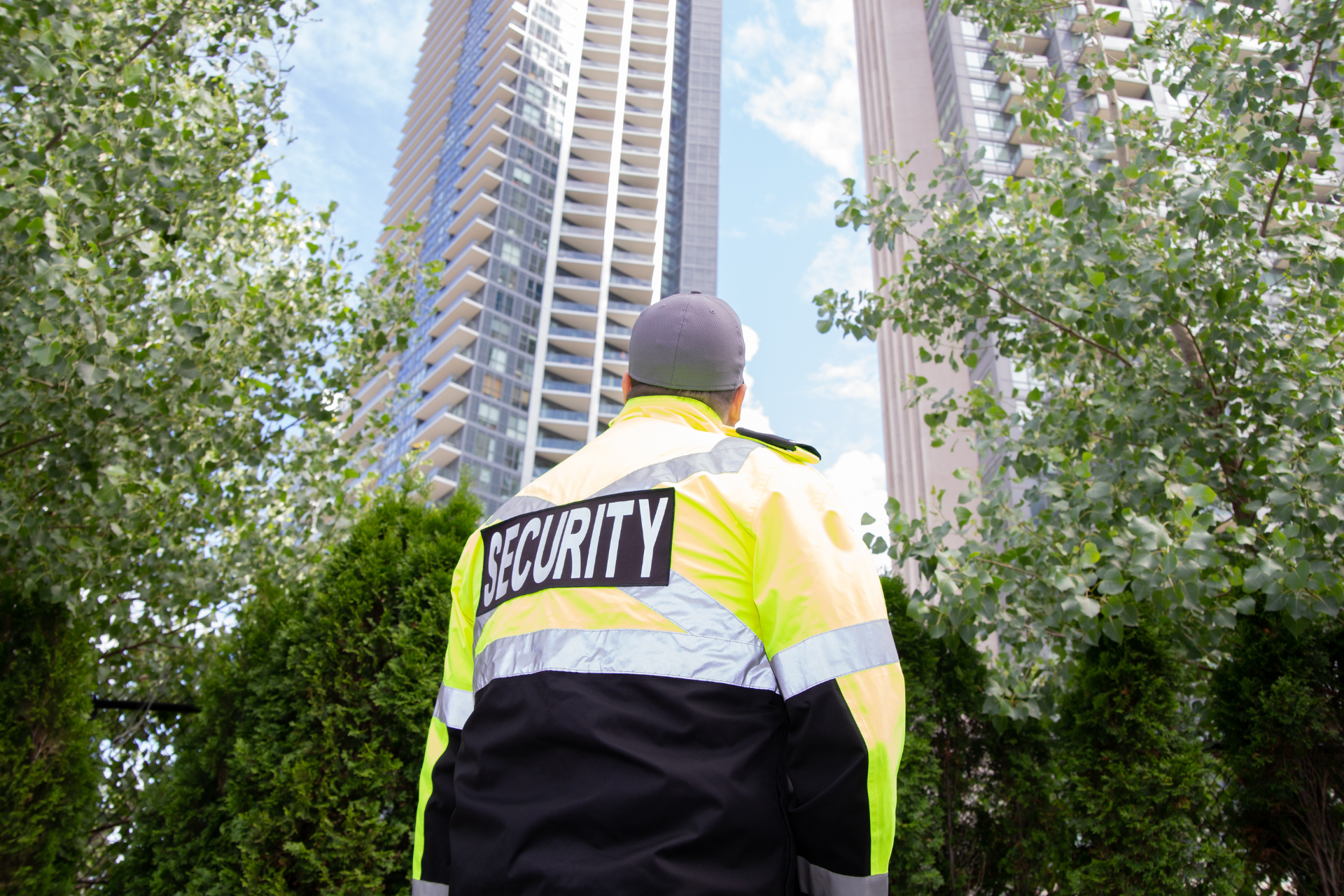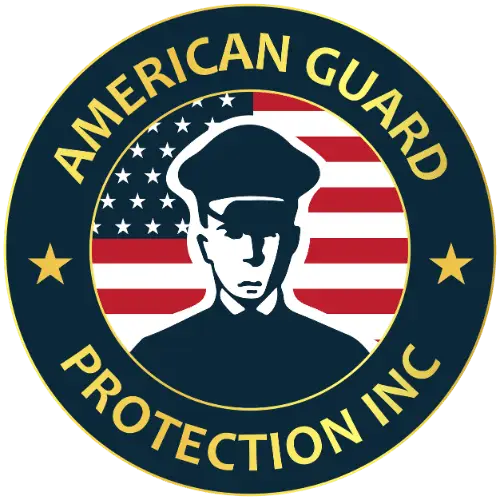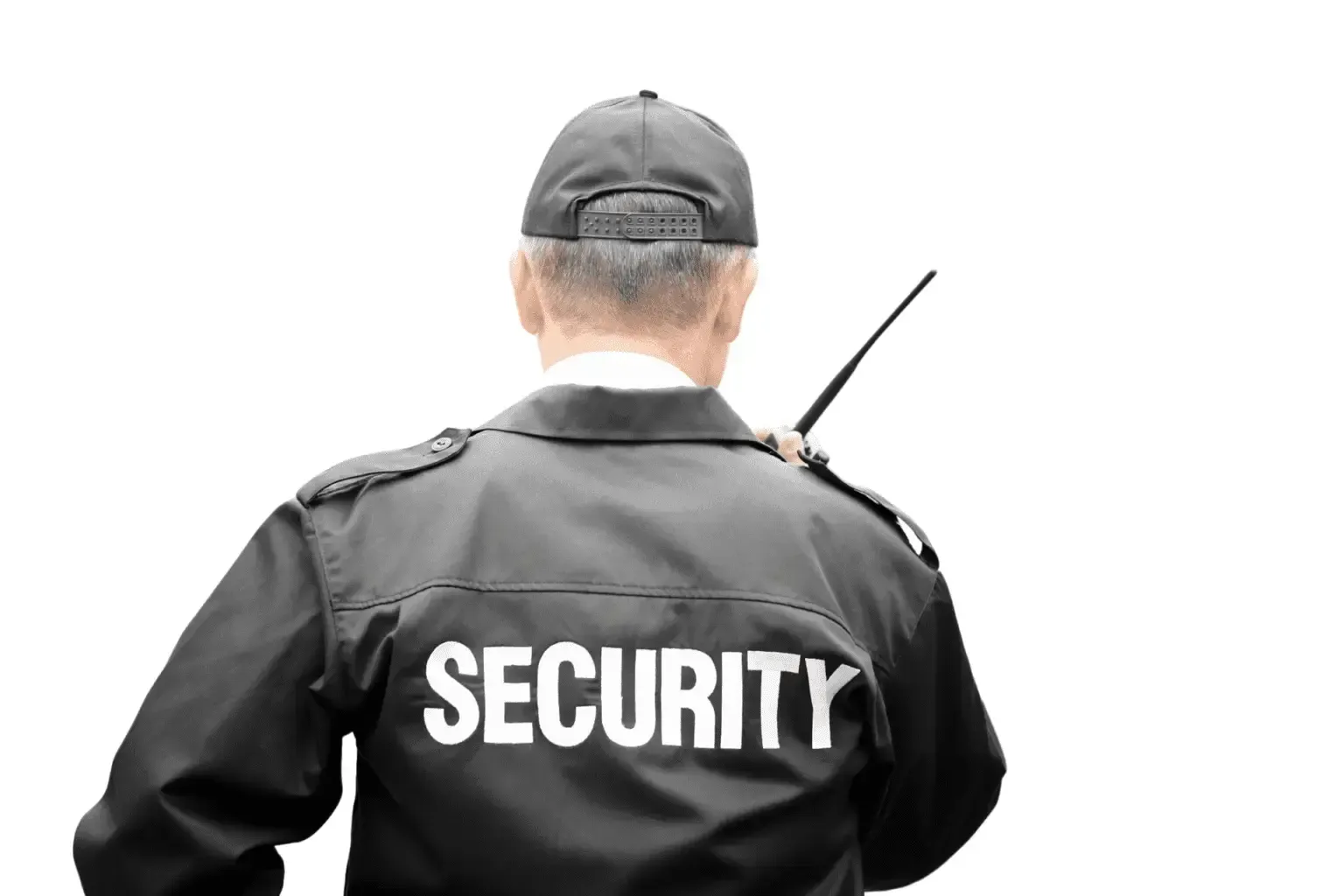How to Choose the Right Security Service for Your Business
Key Factors to Consider for Protecting Your Business with the Right Security Solution

When it comes to protecting your business, choosing the right security service is one of the most important decisions you’ll make. Security isn’t just about preventing theft—it’s about creating a safe environment for employees, customers, and assets. With so many different security options available, from physical guards to cutting-edge technology, it can be overwhelming to determine which solution is best for your specific needs. In this blog, we’ll guide you through the key factors to consider when choosing the right security service for your business.
1. Assess Your Security Needs
The first step in choosing the right security service is to assess your business’s specific security needs. Consider the size of your business, the nature of your industry, and the risks involved. Here are a few questions to ask yourself:
- What type of business do you run? A retail store, office building, warehouse, or construction site all have different security needs.
- What are the primary risks to your business? Do you need to protect valuable inventory, intellectual property, or sensitive customer data?
- What are your operating hours? Are you open 24/7, or do you have limited hours that require off-hours security?
- Do you have a high foot traffic area? If so, crowd control and monitoring of customers will be crucial.
By identifying these factors, you can narrow down your options to services that specifically address the most relevant threats to your business.
2. Decide Between Physical Security and Technology Solutions
There are two primary types of security services: physical security (guards) and technological security (cameras, alarms, etc.). Depending on your business needs, you may require one or a combination of both.
- Physical Security: Security guards offer a personal, hands-on approach. They patrol premises, monitor activities, enforce security policies, and provide a rapid response in case of emergencies. This option is ideal for businesses that require a visible security presence or have complex security needs that technology can’t fully address.
- Technology Solutions: Security systems such as surveillance cameras, alarm systems, access control, and motion detectors are essential for monitoring premises efficiently. They allow you to track activities remotely and provide evidence in case of incidents. Technology solutions can complement physical security or function as a standalone service for smaller businesses or those with less complex security needs.
In some cases, combining both physical security and technology will offer a more comprehensive security solution.
3. Consider the Experience and Reputation of the Security Provider
The reliability and effectiveness of your chosen security service provider are essential. Before signing a contract, take the time to research their experience and reputation in the industry. Here’s how to evaluate the provider:
- Track Record: Look for companies that have been in the business for a while and have a proven track record of protecting businesses similar to yours. Ask for case studies or references from other clients in your industry.
- Credentials and Certifications: Verify that the security provider is licensed and insured. Security officers should be properly trained and certified, with knowledge of industry best practices.
- Reviews and Testimonials: Read online reviews and ask the provider for client testimonials. A reputable security service will have positive feedback and a history of satisfied customers.
Working with a trusted provider ensures that your business is in capable hands, and you can rely on them when needed most.
4. Evaluate the Technology and Equipment Offered
If you are considering a security system based on technology, make sure to evaluate the quality of the equipment and technology being offered. The effectiveness of security solutions often depends on the reliability and functionality of the equipment. Consider the following:
- Surveillance Cameras: Choose a provider that offers high-quality cameras with high-definition resolution, night vision, and remote viewing capabilities. Modern surveillance systems often come with cloud storage, allowing you to access footage from anywhere.
- Alarm Systems: Look for an alarm system that integrates with other security features, such as motion sensors, door/window sensors, and smoke detectors. This way, you can ensure complete coverage of your property.
- Access Control Systems: If your business has restricted areas, consider access control systems that use keycards, biometric scanners, or PIN codes to ensure only authorized personnel enter those spaces.
- Smart Technology: Many security providers now offer smart security systems that can be controlled via apps on your smartphone, allowing you to monitor your business remotely in real time.
Choosing a provider that offers the latest, most reliable technology will give you peace of mind knowing your property is well-protected.
5. Consider the Flexibility of the Service
Every business has different security needs that can evolve over time. Choose a security provider that offers flexibility and can adjust to your changing needs. Some things to consider:
- Scalable Solutions: As your business grows, so will your security requirements. Make sure the security service you choose can scale with you, offering additional resources or services as needed.
- 24/7 Support: Security threats don’t keep office hours, so it’s crucial to have access to around-the-clock support. Many security services offer 24/7 monitoring and emergency response.
- Customization: A one-size-fits-all approach may not work for every business. Ensure that your security service is willing to tailor its solution to your specific needs, providing a custom plan that meets your exact requirements.
6. Budget Considerations
While security is an investment, it’s important to choose a service that fits within your budget. However, cutting corners on security can lead to far more expensive problems down the line. Here are some tips for balancing cost with quality:
- Compare Pricing: Get quotes from multiple providers to understand the pricing structure for different services. Be sure to ask about any additional fees or hidden costs.
- Understand What’s Included: Ensure that the price includes installation, maintenance, and monitoring services. Avoid opting for lower-cost solutions that might not include essential services.
- Long-Term Savings: Remember that effective security can prevent expensive thefts, lawsuits, or damage to your property. In the long run, investing in quality security services can save you money.
7. Ask for a Security Audit
Before making a decision, request a security audit from potential providers. This audit helps assess your property’s vulnerabilities and determine the level of protection required. A professional security audit includes an evaluation of:
- Property Layout: The security service will assess the physical layout of your property and suggest the most strategic placement of security cameras, alarms, and access points.
- Risk Assessment: The audit will help identify any existing vulnerabilities or weaknesses in your current security system, ensuring that the new service addresses all potential risks.
-
A thorough audit ensures that the security solution is tailored to your specific business needs.
Choosing the right security service for your business is an essential step in safeguarding your assets, employees, and customers. By assessing your security needs, considering the reputation of the service provider, evaluating technology options, and factoring in your budget, you can make an informed decision. With the right security service in place, you’ll be able to mitigate risks, prevent potential security breaches, and provide a safer environment for everyone involved.



